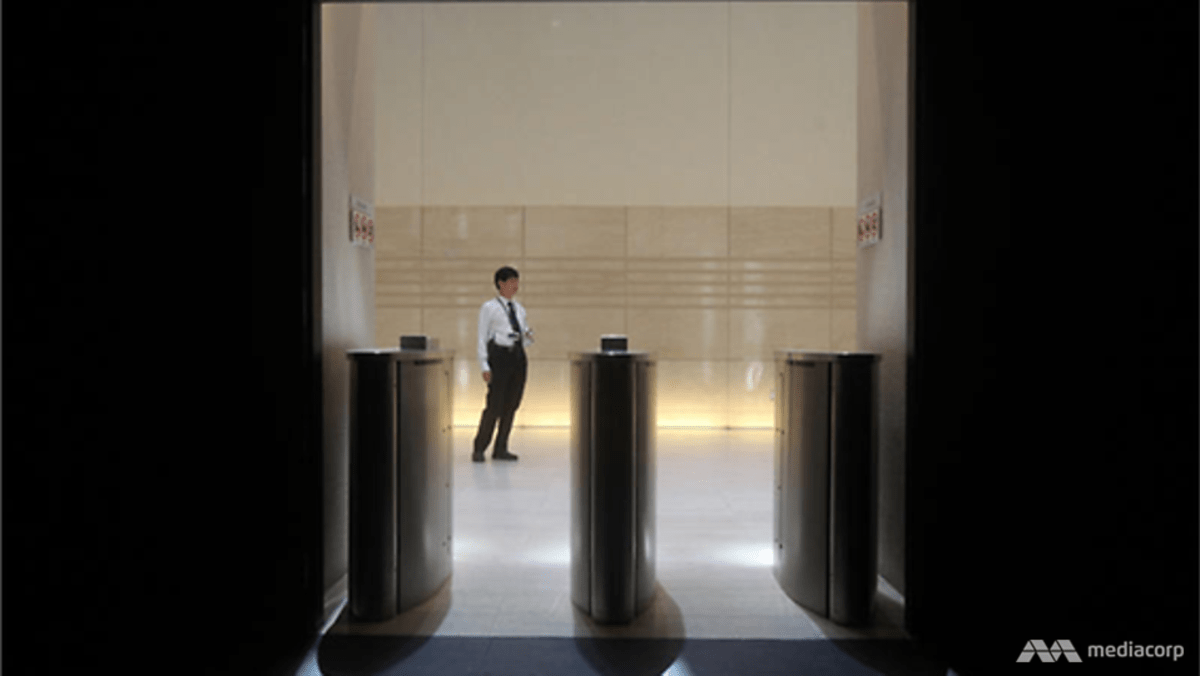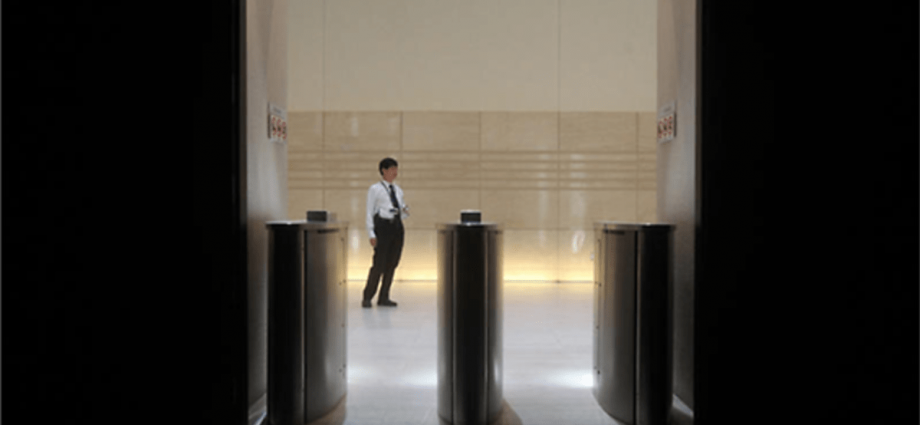
SINGAPORE: A security agency demoted around 300 officers and backed down after a union intervened – only to extend their working hours in a continued bid to “reset” their wages and employment terms.
The Union of Security Employees (USE) and the Manpower Ministry (MOM) are now engaging the affected workers to establish “remedial actions”, the National Trades Union Congress (NTUC) said in a statement on Tuesday (Feb 7).
Calling it a case of “egregious behaviour”, NTUC said USE was informed by some members late last year of the errant practices by the unnamed security agency, which hires more than 1,000 officers.
“As it no longer had the contracts to keep (the 300 officers) at their employed job ranks”, the agency put them through a “forced demotion”, said NTUC.
The agency agreed not to do so after USE stepped in, but instead moved to extend the working hours of the officers.
“Due to the unfairness of this unilateral action, USE took the agency to MOM for conciliation,” said the labour movement, adding that no further details were available at this point.
“NTUC and USE is keeping a close watch on this case and will not hesitate to take the agency to task should there be further non-compliance.”
In its statement, NTUC noted that for security officers, basic wages before overtime have increased from S$1,100 in 2016 to S$1,650 currently.
The Security Tripartite Cluster committee has recommended that this be further increased to S$2,650 from 2024.
“This will assure security officers of sustainable wage growth without needing to clock excessive hours for a higher gross wage,” NTUC added.
“By setting a basic wage of S$2,650, security officers will be able to negotiate for better employment terms with their employers and focus on reducing their overall working hours.”
The cluster – formed in 2013 to look into a progressive wage model for the security industry – also proposed capping extra working hours (above the 44-hour work week) at 72 hours a month.
In 2021, MOM charged at least 15 private security agencies for deploying officers beyond permissible limits of 12 hours a day. Two of these firms made their officers work back-to-back shifts of up to 20 hours a day.
NTUC on Tuesday said that along with its affiliated unions, it was “watching this space tightly” to ensure that workers reap the benefits as intended under the progressive wage model.
The wage structure is expected to benefit 94 per cent – or about 234,000 employees – in the lower-wage workforce, spanning industries like security, cleaning, retail and landscaping. It will be extended to the food services and waste management industries later this year.
“We will ensure that their employers and service buyers alike, honour their legal and social obligations to our workers.”

